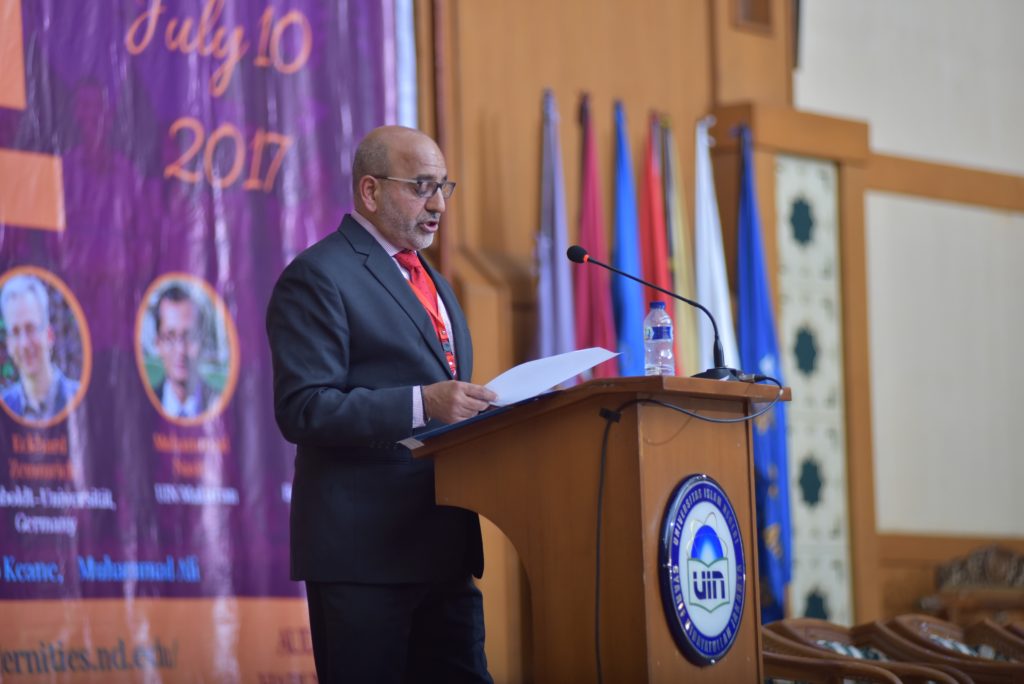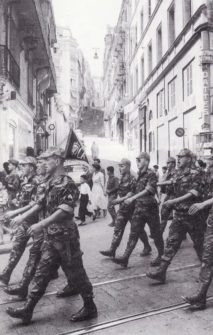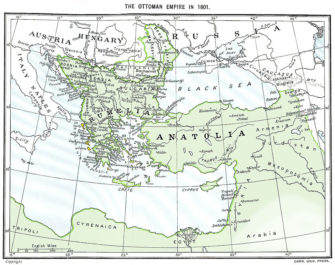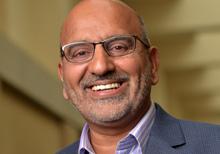
What is the place and role of the Arabo-Islamic heritage, known as the turāth, in contemporary society? Arabic and Islamic thought spilt a lot of ink on this question in the nineteenth and the twentieth centuries. Tradition, in short, was viewed as a repository of identity and morality. The challenge for Muslim thinkers and practitioners in this time period was to come to grips with new forms of identity making in which the modern nation state played a significant role. Whether they liked it or not, modernity and the modern world arrived on Muslim doorsteps as an uninvited guest under colonization or as an invited guest of declining Muslim empires, when aspects of modernity were adopted by the Ottoman, Safavid or the Mughul empires.

Muslim identity became entangled with the identity of insurgent cultures as well as civilizations more powerful than theirs and which eclipsed their own. In other words, the Muslim narrative of morality became more complex with more ruptures, breaks and discontinuity than previously experienced. I am fully aware that in the Islamic past the cultural mixing of styles of thought emanating out of the Arabian desert sometimes conflicted with the subjectivities of say North African, African, Persian, Turkic, Malay and a variety of Asiatic peoples over the centuries. But in the past many societies who newly adopted Islam, in one way or another, became invested as actors and players in the making of the Islamic smorgasbord or the Islamic quilt. In the modern period, many Muslims felt that foreign cultures were dictating the nature of the cultural changes and they had little agency in determining their own fate.
The question was never about Arabo-Islamic or a purely Islamic heritage in isolation from the rest of the world. The debates about heritage, turāth, tradition, and Arab identity, and varieties of hyphenated Islamic identities such as Afro-Islamic, Euro-Islamic, Malay-Islamic, Indo-Islamic, Perso-Islamic were entanglements of cultures, symbol systems, multiple forms of meaning-making and lived-practices. These debates were not only limited to the Arabic-speaking world. People as far as Indonesia, Nigeria, central and southern Africa, North America and Europe have all participated in these debates actively or passively. Why? Because they are all part of ongoing Muslim identity debates, namely what is the good life for Muslims in terms of state-formation, governance, citizenship, education, laws and ethics.
Of course, different constituencies in the Muslim world addressed these issues and challenges on their own terms and with great variance. Those who framed the question as that of heritage, turāth, were often folks who espoused modern education and a modern identity. They used modern moral and ethical languages of inquiry to find solutions. They took the entanglement of cultures and civilizations seriously and saw this as an opportunity to remake Muslim cultures and the elements that constituted Muslim or Islamic civilization. Their archive was a much more diverse account of multiple strands of Islam in the past. Yet, to their traditionalist critics among religious orthodoxies, these modern educated folks tilted too far in the direction of the modern and abandoned essential elements of the past or historical tradition. Their flaw, as the Lebanese writer Yahya Muhammad[1] pointed out, was that they viewed the authority of tradition to be suggestive and indicative (tawjīhī). In the view of the modernists, not everything in the tradition was useable. Only those parts of the tradition that enjoyed the largest consensus and agreement historically made sense in the present. One major flaw of this group of modern educated elites was that they never really paid serious attention to the improvement of the political. In other words, as much as there were debates about questions of morality, gender and law, the question of political modernity in Muslim politics was seriously neglected. Status quo practices and patriarchal politics of the all-knowing rulers, authorities and their intellectual enablers continued. With that state of affairs, political accountability became non-existent as a value.
Another significant sector of Muslim intelligentsia were the religious scholars, ‘ulama, who explored these questions of identity from a different perspective. These were the people in the traditional institutions of learning like the famous Islamic universities in the Arabic speaking world, the pesantren of the Malay world, the madrasas of South Asia, the hawzas of Iran and Iraq or the madrasas of sub-Saharan Africa and central Asia. For them the tradition was constitutive (takwīnī) of Muslim identity, and morality was indispensable to self-making. But in this view, tradition was also an exercise of moral power by the custodians of tradition. The ‘ulama viewed the moral templates of the past to be sufficient and that tradition could be deployed in the present with minor modifications.

Both the modern intellectuals and the traditional ‘ulama did not allow for a healthy mutual exchange. In fact, dialogue between rival perspectives was often non-existent or, when it did occur, took the form of excommunication, anathematizing and deeming the other as either anachronistic peddlers of tradition or lackeys of foreign and alien cultures. Meanwhile, the modern nation-state never facilitated serious and meaningful debate about the nature of Muslim identity. Identity questions were often politicized to create the most useful and compliant citizen who could conform to the will of the state. And these days the major identity project is to create sectarian loyalties and hatreds between Sunni and Shia adherents in different parts of the globe. Without careful nurturing and dedicated attention to the past as well as the present, tradition becomes an instrument of power, and a source of learned ignorance. Unless it is used with integrity and care, tradition becomes a site for pathological manifestations.
So let’s ponder what is at stake in this debate about heritage and tradition. At its core, the debate was about the role of the Islamic past in the making of the new and the present. In short, the question was one of identity and selfhood in late modernity. The question of identity is deeply enmeshed in rubrics as varied as questions of Islamic law, ethics, theology, philosophy, debates on religion in modernity (religious studies), Islamic revival, gender debates, education, environment, bioethics and personhood. Put differently, the question centers around the moral anthropology and the moral theology of what it is to be a human person. Actors such as Muslim revivalists, activists in political Islam, Muslim modernists, traditionalists, feminists and gender activists as well as those exploring the complex debates in human sexuality have all had a say in these matters.
For tradition to play a role in Muslim majority societies that are searching for authentic commitments and strong identities, the very idea of tradition ought to be linked to lived experience. One of the major challenges to sustaining tradition in Muslim societies is to configure precisely how to cultivate intelligible literacies of tradition. Tradition cannot merely be the simple adherence to a past practice without understanding its moral relevance and its place in policymaking and politics today.
(This blog was drawn from a keynote address delivered at the Contending Modernities “Beyond Coexistence in Plural Societies” Conference in Jakarta, Indonesia, on July 10th.)
[1] Yaḥyá Muḥammad, Al-Qaṭīʿa Bayna Al-Muthaqqaf Wa Al-Faqīh: Dirāsa Maʿrifīya Tastahdifu Ibrāz Jawānib Al-Qaṭīʿa Bayna Al-Binyatyan Al-ʿaqliyatayn-Almuthaqqaf Wa Al-Faqīh (Muʾassasa al-Intishār al-ʿArabī, 2001).

